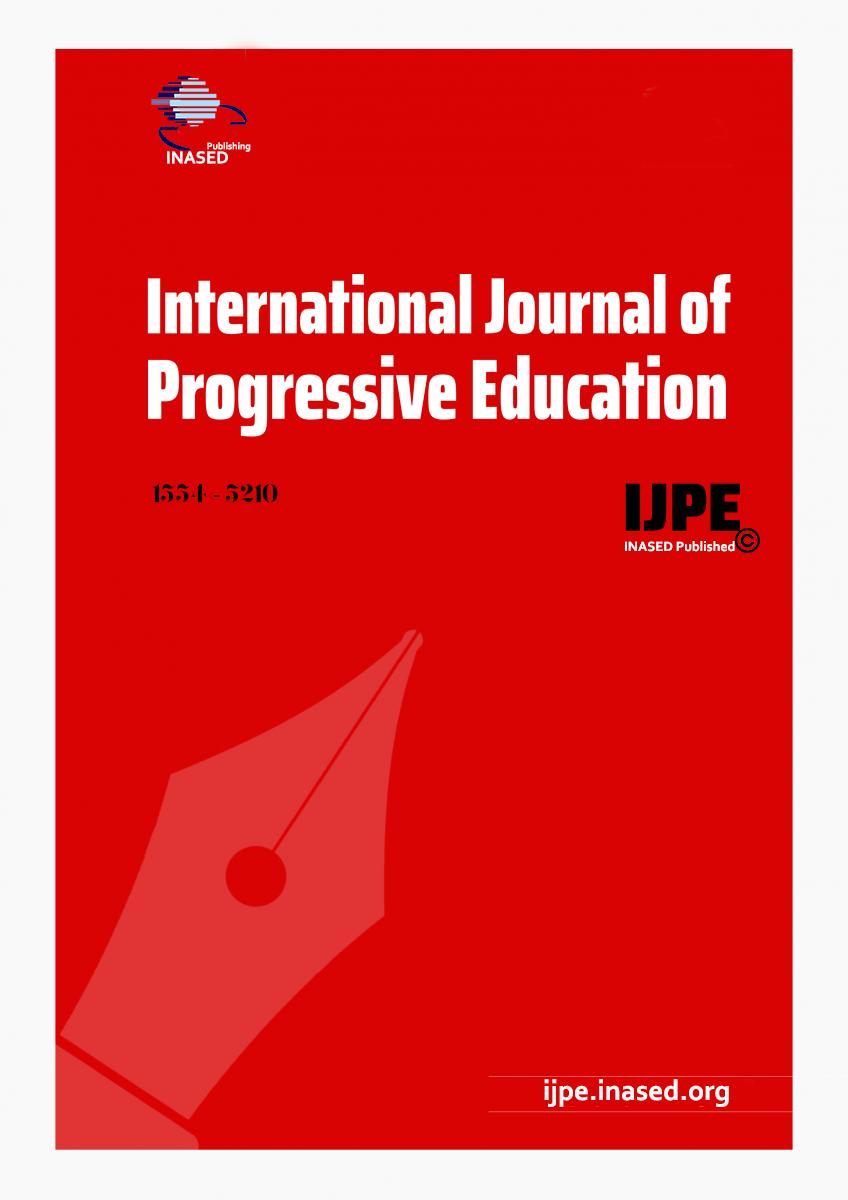Original article | International Journal of Progressive Education 2022, Vol. 18(5) 146-163
Socialization: The Process of Learning to be Human
Mustafa Tatar
pp. 146 - 163 | DOI: https://doi.org/10.29329/ijpe.2022.467.9 | Manu. Number: MANU-2203-07-0004
Published online: October 01, 2022 | Number of Views: 224 | Number of Download: 1214
Abstract
Socialization is the process of learning to be a human being that is born with the potential to be human. In this process, the person learns the basic values and norms of the society in which he lives, as well as the skills necessary to sustain his life. This learning takes place through parents, siblings, relatives, neighbors, peers, teachers, and other people with whom the person interacts, although their levels of influence may differ. The transformation of a baby into a human depends on being given the opportunity to live in a human community and learn to be human. As a result of research on children like Victor, Kamala, Shamdev who were abandoned in the forest and isolated at home like Isabella, Anna, Genie and Danielle, it has been observed that individuals who were deprived of the opportunity to learn to be human could not speak, make strange sounds, lack human feelings, and could not fully perform even simple physical activities such as sitting, standing and walking on two legs. More interestingly, efforts to humanize these people have not been successful enough, with the exception of Isabella. Similar results have emerged in studies conducted on children living in orphanages in different countries of the world, especially in Romania, in case the interaction is not humane, it has been seen that it is not enough to meet the basic needs of children such as food, drink and shelter.
Keywords: Socialization, Feral Children, Romanian Orphanages
| How to Cite this Article? |
|---|
|
APA 6th edition Harvard Chicago 16th edition |
| References |
|---|
|


